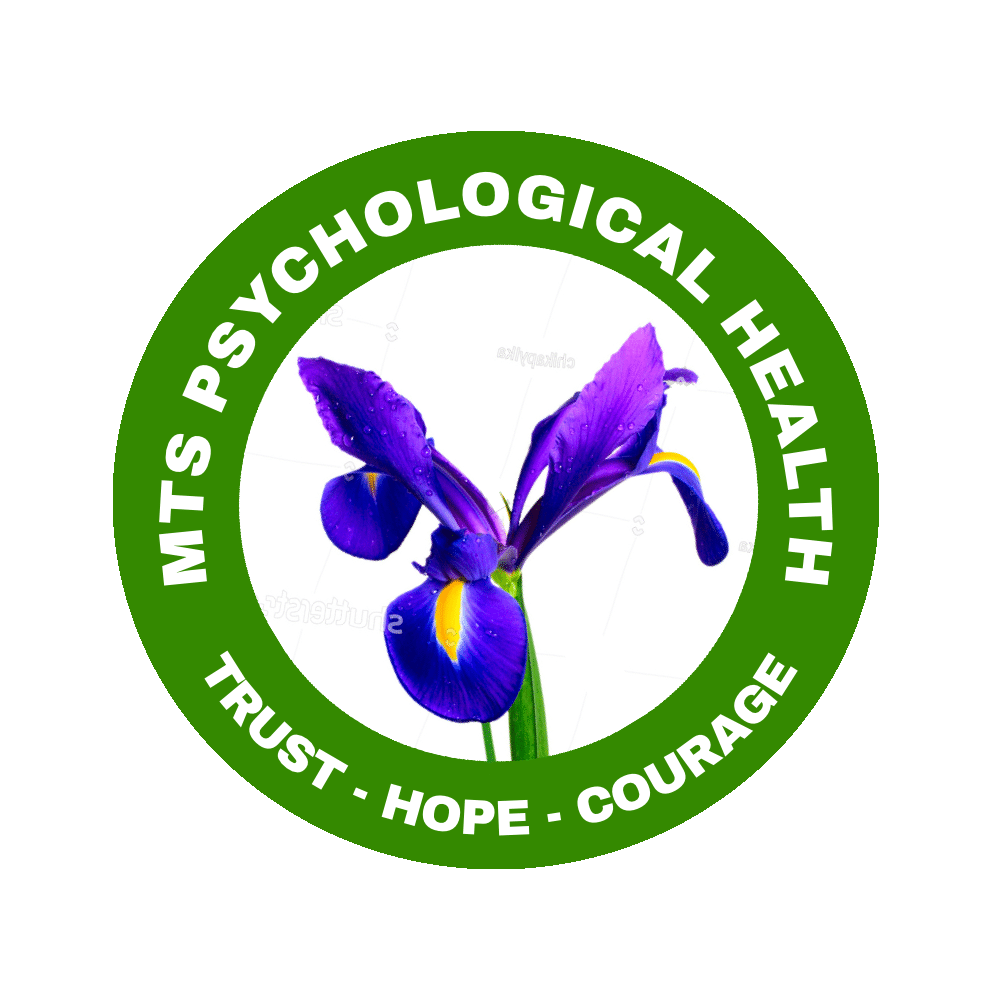What is Mental Health Awareness Week?
Celebrated this year from Monday 12th to Sunday 18th May, Mental Health Awareness Week is an annual event in the UK dedicated to raising awareness of mental health and promoting mental wellbeing.
The brainchild of the Mental Health Foundation, the week provides an opportunity for us all to reflect on our own mental health and to support others who are experiencing mental health challenges.
Mental Health Awareness Week also reminds us that we need to prioritise our mental health just as much as our physical health.
The role of communities in mental wellbeing
The theme of Mental Health Awareness Week 2025 is ‘community’. In the words of the Mental Health Foundation:
‘Being part of a safe, positive community is vital for our mental health and wellbeing. We thrive when we have strong connections with other people and supportive communities that remind us we are not alone. Communities can provide a sense of belonging, safety, support in hard times, and give us a sense purpose.’ 1
However, while celebrating the ways that communities help protect our mental health, the Foundation also warns that communities are in danger, describing recent cuts to welfare as ‘a disaster to the ability of communities to be spaces of safety, care, and support.’
Understanding mental health
When we talk of mental health, we’re referring to our emotional, psychological and social wellbeing.
Our mental health affects how we think and feel, how we behave in daily life, how we handle stress, relate to others and make decisions.
Yet despite its significance, mental health problems are often overlooked, misunderstood or dismissed.
One of the main challenges in addressing mental health concerns is the stigma surrounding it. Many of us are ashamed to seek support because we fear being seen as weak or a failure.
Yet the reality is that poor mental health is common and can affect anyone, regardless of age, background, wealth or lifestyle.
In addition to the stigma associated with poor mental health, there is also a widespread misunderstanding about what mental health issues look like.
While conditions such as anxiety and depression are more widely recognised, others such as bipolar disorder, obsessive-compulsive disorder and schizophrenia are too often misunderstood.
Educating ourselves and others about the realities of mental health conditions is crucial in dispelling myths about them and fostering a more compassionate society.
Mental health is […] connected to every little thing we do, every place we go and every person around us. Mental health is our physical health, our finances, our relationships. It’s part of our defining moments and the day to day.
Mind (2)
What are the signs of poor mental health?
Mental health conditions can reveal themselves in many ways with symptoms varying from person to person. Signs that might indicate someone is struggling with their mental health include:
- Persistent feelings of sadness, hopelessness, or emptiness;
- Extreme mood swings or emotional instability;
- Changes in sleeping patterns, such as insomnia or excessive sleep;
- Withdrawal from social activities and relationships;
- Difficulty concentrating or making decisions;
- Unexplained physical symptoms, such as headaches or digestive issues;
However, temporary feelings of stress or sadness do not necessarily indicate a serious condition; only if symptoms persist and begin to interfere with daily life should someone – or their family and friend – be seeking professional help.
Seeking and providing help
Supporting someone with mental health struggles requires sensitivity and understanding. Rather than dismissing their concerns or offering simplistic advice, listening without judgement and encouraging professional support can make a meaningful difference. Whether it’s a family member, a friend or a colleague, showing empathy and reassuring them that they are not alone can be incredibly powerful way of supporting them.
One of the biggest misconceptions surrounding mental health is the idea that individuals should be able to “snap out of it” or deal with their struggles alone. Seeking help is not a sign of weakness but rather an act of strength and self-care.
Therapy and counselling provide safe spaces for individuals to explore their feelings, develop coping mechanisms and gain valuable insight into their mental health. Professional support can take many forms, including cognitive behavioural therapy (CBT), psychotherapy and counselling.
There are also numerous resources available to those in need. Mental health charities, support groups and online platforms provide guidance, information and a sense of community for individuals who may be struggling.
Employers can play a critical role in fostering mental wellness by promoting a healthy work culture through encouraging open conversations, implementing mental health policies and providing access to counselling services.
Self-care and mental wellbeing
While professional support is invaluable, everyday self-care practices can significantly contribute to mental wellbeing. Taking proactive steps to maintain good mental health helps build resilience, improve emotional balance, and prevent issues from escalating.
Effective self-care habits include:
- Prioritising sleep: poor sleep has a direct impact on mental health, leading to increased stress and reduced cognitive function, so establishing a healthy sleep routine can work wonders for emotional wellbeing;
- Engaging in physical activity: regular exercise boosts mood by releasing endorphins, alleviating stress and improving overall energy levels with even a short daily walk known to have a positive impact on our mental health;
- Practising mindfulness and meditation: techniques such as deep breathing, guided meditation and mindful journaling encourage self-reflection and relaxation;
- Nurturing social connections: maintaining strong relationships with friends, family and community groups provides emotional support and helps combats loneliness;
- Setting boundaries: recognising personal limits and avoiding burnout is crucial, while learning to say no when necessary prevents excessive stress and preserves emotional balance;
- Engaging in hobbies: creative and leisure activities such as reading, painting and gardening offer a therapeutic escape from daily pressures.
Self-care isn’t about indulging in occasional luxuries but rather adopting sustainable practices that enhance mental health in the long term. By incorporating these habits into our daily lives we can promote our own wellbeing while encouraging a broader culture of mental wellness.
Summary
Mental Health Awareness Week serves as an important reminder that our mental wellbeing is just as significant as our physical health.
If there’s one key message from Mental Health Awareness Week, it’s that mental health is a shared responsibility.
By breaking the silence, challenging stigma and fostering supportive environments, we can help build a society where we can all feel safe and empowered to prioritise our mental health.
+++
Here at MTS Psychological Health, I am passionate about your mental health and emotional wellbeing. Don’t suffer psychological issues in silence: get in touch and discover how I can help you to alleviate a range of anxiety and depression symptoms from mild to severe presentations.
We can discuss the best clinical way to alleviate your suffering, which may be either through a course of psychoanalytic psychotherapy or with EFT (Emotional Freedom Technique / Tapping) and Aromatherapy, so you can enjoy life to the full again.
References
1 – Mental Health Foundation: Mental Health Awareness Week

